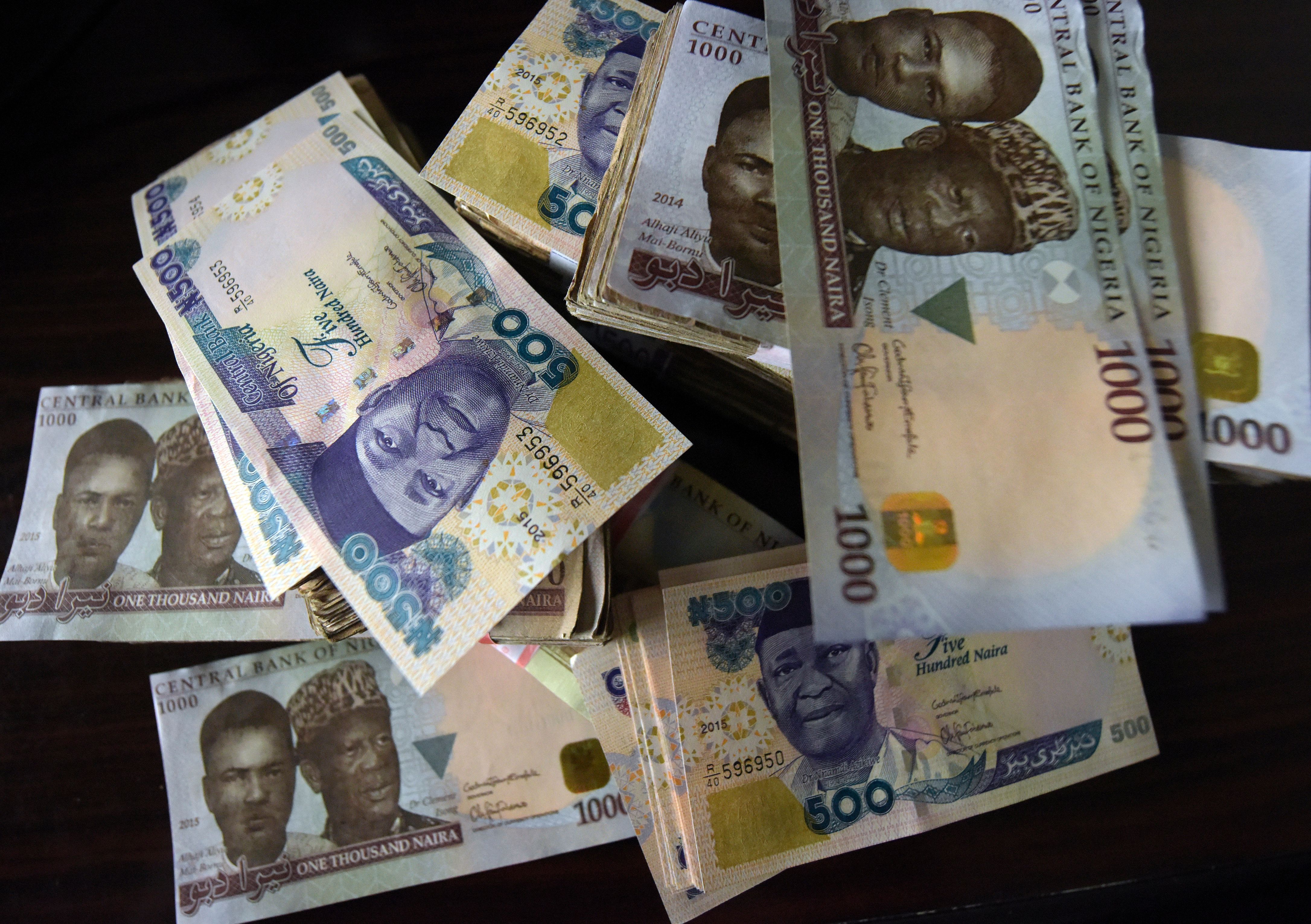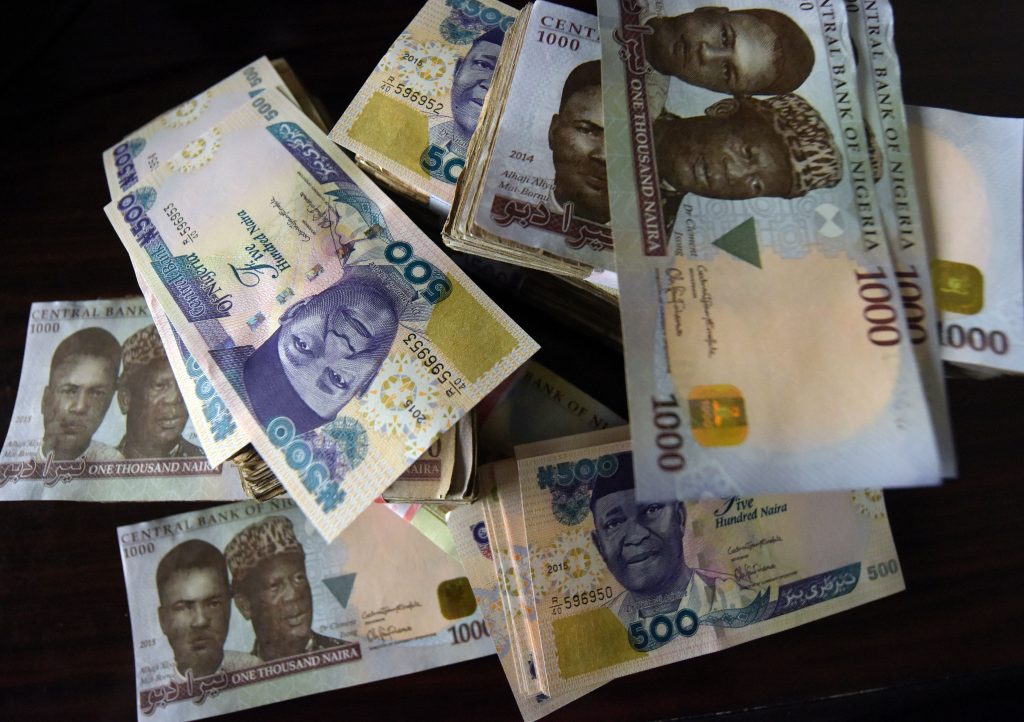A whopping 97 per cent of Nigerian businesses recorded losses during the lockdown over Covid-19 while 87 per cent said they have been negatively affected overall by the pandemic, a nationwide survey has shown.
Titled the “National survey report on the impact of COVID-19 on Nigerian private sector,” the survey assessed the impact of the pandemic on medium and small scale businesses in Nigeria. It was conducted between March 9 and April 10 through e-questionnaire and telephone.

Most of the 13 per cent who said they have been “positively impacted” by the global health crisis operate in the health sector.
“Most of the benefiting businesses are in the healthcare, pharmaceutical sector offering essential services,” the report said, “or are currently exploring new opportunities despite the threat of the pandemic.”
For the 87 per cent who saw red, the report said this is because “the majority of the countries they source their products from were on lockdown and many more have ceased operations.”
For Sanni Hassan, the CEO of D’Genius Exquisite Fashion House, the COVID-19 lockdown period gave his brand the opportunity to re-strategise its service delivery and to reach “more online potential customers who have pledged patronage after the lockdown.”
In terms of their balance sheets, 97 per cent of the businesses surveyed said they recorded losses. The remaining three per cent managed to break even, the survey suggested.
Three-quarters of those who made losses said they lost $1 million or lower due to the lockdown and travel ban.
A quarter of the businesses that recorded losses (25 per cent) said they incurred more than $2 million in revenue loss. This includes 20 per cent who said they recorded losses from $2 to $3 million and five per cent who lost $3 million and above.
“We suffered some revenue losses with respect to campaigns we had earlier planned before the pandemic and our various scheduled classes,” Ibrahim Oredola, team lead at SkillNG, a startup training youth in digital and employment readiness skills, told PREMIUM TIMES.
Revenue loss has, in turn, forced some businesses to lay-off workers to cut expenditure on overheads.
Mr Hassan said although he incurred “no loss,” his profit margin fell due to the fall in consumers’ spending capacity.
“Before, for instance, when we reach out to 100 people, we can get like 20 clients, but now we need to reach 200 or more to get that number of clients,” he said.
More so, the report found that 72 per cent of the businesses surveyed experienced a contraction in job creation due to the pandemic, which has, in turn, resulted in them reducing staff strength.
Nigeria’s statistics bureau had said not less than four in every ten Nigerians (42 per cent) who were working before the outbreak of coronavirus in the country lost their jobs due to the impact of COVID-19, in April.
Mr Ibrahim said his company had to explore full online learning experience as opposed to its blended former offline learning approach to maintain its staff list.
Focusing more on establishing a stronger emotional connection with their users “than just trying to sell products to them” is the way Ojuolape Toheeb, CEO of Tell!, an online African startup headquartered in Nigeria, said his brand is keeping afloat.
Yet, the report said the inability of businesses to maintain their payroll has been further compounded because 60 per cent of the country’s private companies said they do not have any insurance policy or risk management system on their radar.
It said about 89 per cent of the businesses expressed “interest to have insurance policy in place in order to shield them from subsequent or future global crises.”
Also, more than two-thirds of the respondents said their pre-COVID-19 business travel plan to source for products and raw materials was truncated by the lockdown.
The effect of this is far-reaching because 43 per cent of the businesses said they source their products and raw materials from China, with only 19 per cent doing so within Africa.
“This explains the dominant position of China in the country’s supply chain and it partly reveals the low level of trade between Nigeria and other African countries,” the report read.
“This strong external dependence of the economy on foreign nations especially outside Africa can be attributed to the severity COVID-19 will have on the economy.”
The research
The research was conducted by Africa International Trade and Commerce Research, the Nigerian Association of Chambers of Commerce, Industry, Mines and Agriculture (NACCIMA), O-analytics Research and Development Initiative (ORADI) and International Trade and Research Centre (ITRC). The researchers captured data from 100 businesses. The Key Informant Interview (KII) used telephone techniques.
The businesses, the report said, comprising over 66 per cent micro and small businesses managed by Nigerians with less than 10 staff and large enterprises that are into international trade.
Eighty-eight per cent of the businesses surveyed are Nigerian owned, eight per cent have Nigerian and foreign ownership structure, while four per cent are owned by foreigners.
Recommendations
To absorb the shock caused by the pandemic, the report suggested expanding the N3.5 trillion stimulus package rolled out by the CBN for households and businesses.
“Beyond this, the government should develop a system of transparency and accountability in a way and manner this fund is spent,” the report said. “A control system should be set up to enhance close monitoring, measurement and evaluation of public spending.”
The private sector was also urged to “secure corporate insurance policy and put a risk management system in place,” a window for the insurance industry to thrive, as most of the affected Nigerian businesses have no risk management system in place but are now willing to have one.
“The private sector should establish an insurance policy that mitigates against corporate internal or external uncertainty. Nigeria private sector business should also leverage on the current situation to diversify their business.
“Micro, small and medium enterprises should be flexible to explore deliverables in sectors made active by the pandemic. Some sectors whose products and services will be inactive demand throughout the period of the pandemic are healthcare, e-commerce businesses, agriculture, telecommunication amongst others.”
More than before, businesses need to increase the use of technology and e-marketplace platforms, be it for meetings, customer services, promotion and marketing, procurement to reduce cost and increase in efficiency, during this COVID-19 and post COVID-19 pandemic, Mr Ibrahim said.

